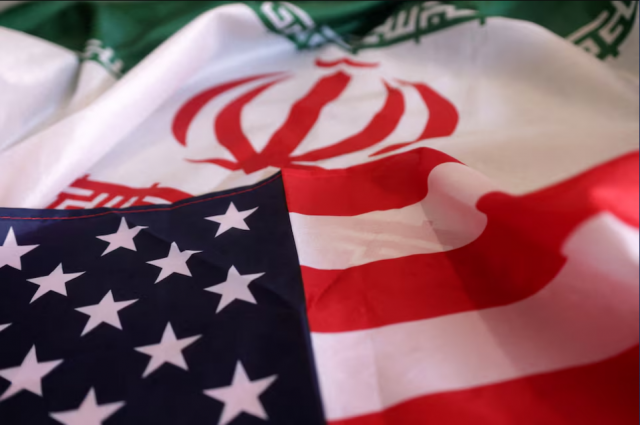Iran says US travel ban ‘violates international law’
Renewed ban follows a rally attack; broadens travel curbs on Muslim states

Iran denounced on Saturday a renewed United States travel ban targeting Iranian nationals and citizens of 11 other countries, calling the measure a reflection of “deep hostility” and a “racist mentality” within American decision-making.
The executive order, signed on Wednesday by US President Donald Trump, revives sweeping entry restrictions that will come into effect from Monday at 12.01am. EDT (0401 GMT). The restrictions apply to citizens of Iran, Afghanistan, Myanmar, Chad, Congo Republic, Equatorial Guinea, Eritrea, Haiti, Libya, Somalia, Sudan and Yemen.
Read: US imposes new sanctions on Iran, targeting 10 individuals and 27 entities
Trump said the ban was necessary to protect the United States from “foreign terrorists,” citing national security concerns following a firebomb attack at a pro-Israel rally in Colorado last week. More than a dozen people were injured in the incident. Authorities later identified the suspect as an Egyptian man who had overstayed a US tourist visa.
Iranian officials condemned the move as discriminatory, politically motivated and in violation of international law.
“The decision to ban the entry of Iranian nationals—merely due to their religion and nationality—not only indicates the deep hostility of American decision-makers towards the Iranian people and Muslims but also violates international law,” a senior official from Iran’s foreign ministry said in a statement published on X, formerly Twitter.
Read More: Iran's Khamenei rejects US nuclear deal proposal to halt uranium enrichment
Alireza Hashemi-Raja, director general for Iranians abroad at the ministry, called the measure “a clear sign of the dominance of a supremacist and racist mentality among American policymakers.” He warned that the ban could entail “international responsibility” for the US, although he did not specify any potential legal action.
The latest executive order closely resembles a travel ban implemented by Trump during his first term in office from 2017 to 2021. That policy faced criticism for disproportionately targeting Muslim-majority nations and was ultimately repealed by former President Joe Biden in 2021.
Iran and the United States severed diplomatic ties following Iran’s 1979 Islamic Revolution, and relations have remained strained ever since, especially over Tehran’s nuclear programme, regional influence, and sanctions.
Also read: Iran urges Europe not to back IAEA resolution on nuclear compliance
Despite the lack of formal relations, the United States is home to the largest Iranian community outside Iran. According to Tehran’s foreign ministry, there were about 1.5 million Iranians living in the US as of 2020.
The Iranian foreign ministry said the ban deprives “hundreds of millions of people of the right to travel based solely on their nationality or religion,” calling it discriminatory and harmful to global engagement.
The statement also noted that the timing of the order—days after the Colorado rally attack—was misleading and risks fuelling xenophobia and Islamophobia in US policy.
There was no immediate response from Washington to Tehran’s remarks.





















COMMENTS
Comments are moderated and generally will be posted if they are on-topic and not abusive.
For more information, please see our Comments FAQ